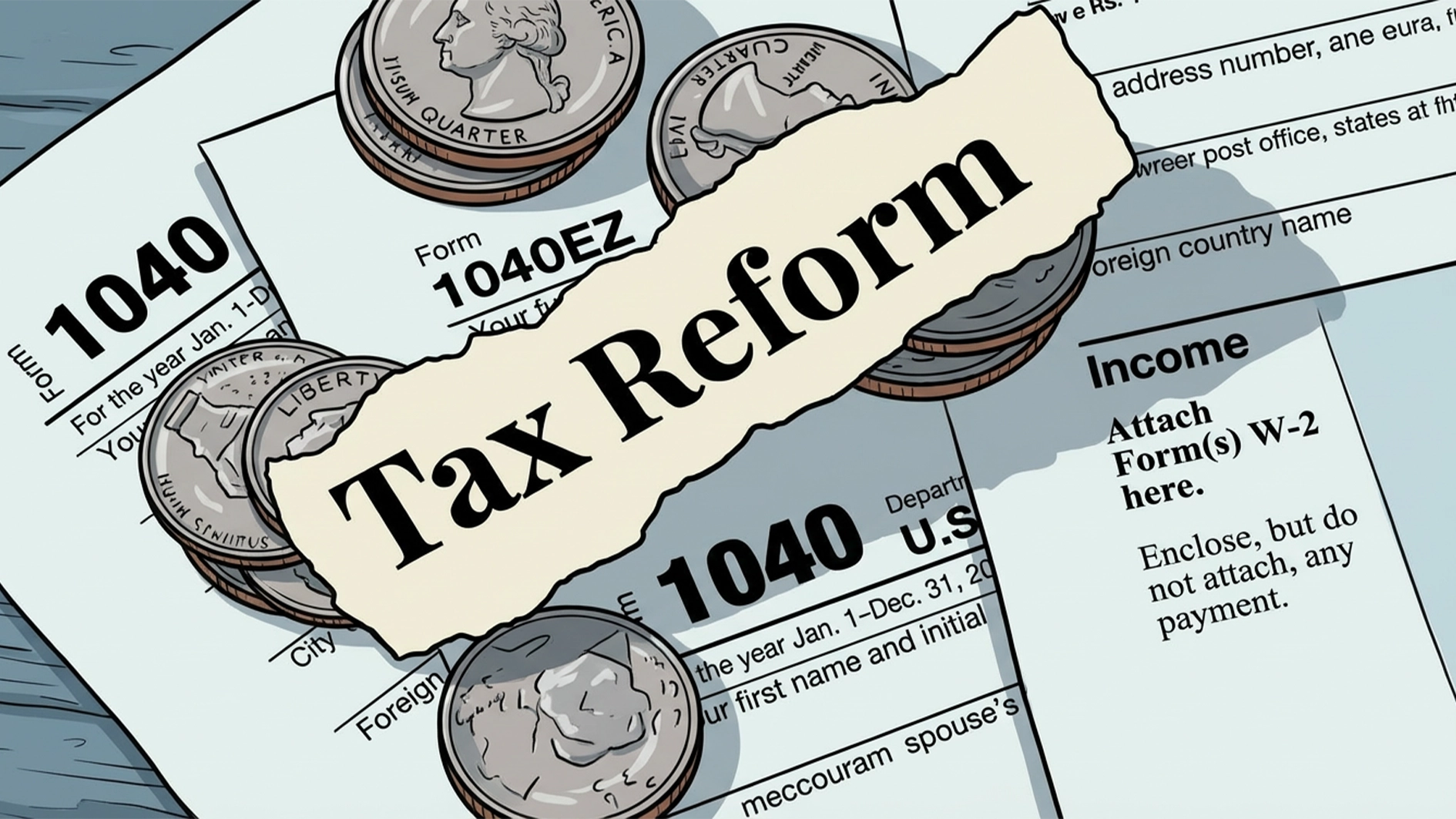The Nigerian equities market closed last week on a negative note, breaking several weeks of sustained momentum.
The broad-based losses swept through key sectors, causing the overall market capitalisation to decline by N713 billion.
The benchmark Nigerian Exchange Limited (NGX) all-share index also slipped by 0.8 per cent week-on-week to close at 144,628.2 points, down from the previous week’s 145,754.91 points.
The market capitalisation depreciated by N713 billion to settle at N91.5 trillion. This shaved the year-to-date return to 40.52 per cent, underscoring the pressure on equities despite a relatively positive macro backdrop.
The downturn was largely fuelled by persistent sell pressure in the banking, consumer goods, oil and gas, industrial goods and commodity sectors.
Market participants also responded cautiously to the July 2025 consumer price index report, which showed inflation moderating to 21.88 per cent year-on-year, a development that tempered optimism but did little to trigger risk appetite.
In contrast to the bearish tone, the insurance sector emerged the most active in volume terms, with its index surging by 8.21 per cent on renewed investor confidence.
The rally was directly linked to the recent signing of the Nigerian Insurance Act into law, a policy move widely regarded as a game changer for the industry, boosting expectations of improved regulation, market depth and growth opportunities.
Interestingly, despite the broad selloff, market breadth remained on the positive side, with 66 stocks recording price gains compared to 41 decliners, suggesting that while institutional trades in heavyweight counters pulled the index lower, retail-driven interest in mid- and small-cap stocks helped sustain pockets of optimism.
Total traded volume also declined by 1.73 per cent to 8.56 billion units, underscoring the cautious mood among both retail and institutional players. The value of transactions dropped even more sharply, sliding by 25.39 per cent week-on-week to N100 billion, compared with the preceding week’s turnover.
Across sectors, performance was broadly negative as five of the six indices closed lower. The oil and gas index led the laggards, retreating by 1.42 per cent on the back of persistent sell pressure in mid- to large-cap counters.
Losses were also recorded in the industrial goods sector, which fell 0.83 per cent due to weakness in heavyweight stocks, while the consumer goods index shed 0.94 per cent. The banking sector declined by 0.23 per cent, and the commodities index edged lower by 0.03 per cent, reflecting mild profit-taking activities.
The insurance sector, however, sustained its dominance as the index surged 8.21 per cent week-on-week, driven by renewed investor enthusiasm following the formal enactment of the Nigerian Insurance Act into law.
The development lifted sentiment in the sector, positioning it as the lone gainer amid the broader market downturn.
Reacting to market performance, analysts at Cowry Asset Management Limited have projected that the equities market would continue to experience weak sentiments in the coming week as investors weigh profit-taking against selective bargain hunting.
They noted that the recent release of the July CPI figures is expected to play a significant role in shaping trading mood, while ongoing portfolio reshuffling and sector rotation will remain central to market dynamics in the near term.
According to the analysts, market participants are still digesting corporate earnings, particularly within the banking sector, where expectations for financial disclosures remain high.
They explained that investors are taking cautious positions while aligning their strategies with opportunities in fundamentally strong stocks, even as broader market volatility persists.
The pattern of sector rotation observed in recent sessions, they added, underscores a growing preference for value plays, with price corrections opening attractive entry points for discerning investors.
The firm emphasised that these intermittent pullbacks could ultimately strengthen the market’s upside potential, especially as investors adjust their portfolios in response to both domestic macroeconomic indicators and global market trends.
They advised that, in the current environment, investors should leverage short-term price corrections to build positions in value-driven opportunities, while keeping a close watch on economic developments that may influence sentiment going forward.
Also, Cordros Capital said that the Nigerian equities market will remain under pressure in the near term, with profit-taking activities expected to dominate trading.
The firm explained that the selloff is likely to be concentrated in counters with weak fundamentals, where investors are seeking to lock in recent gains.
However, they noted that selective buy interest will continue to surface in fundamentally sound equities, as discerning investors position for medium- to long-term opportunities.
According to the investment firm, the direction of the market over the medium term will be shaped by the broader macroeconomic environment, particularly growth trends, inflationary pressures and monetary policy decisions.






